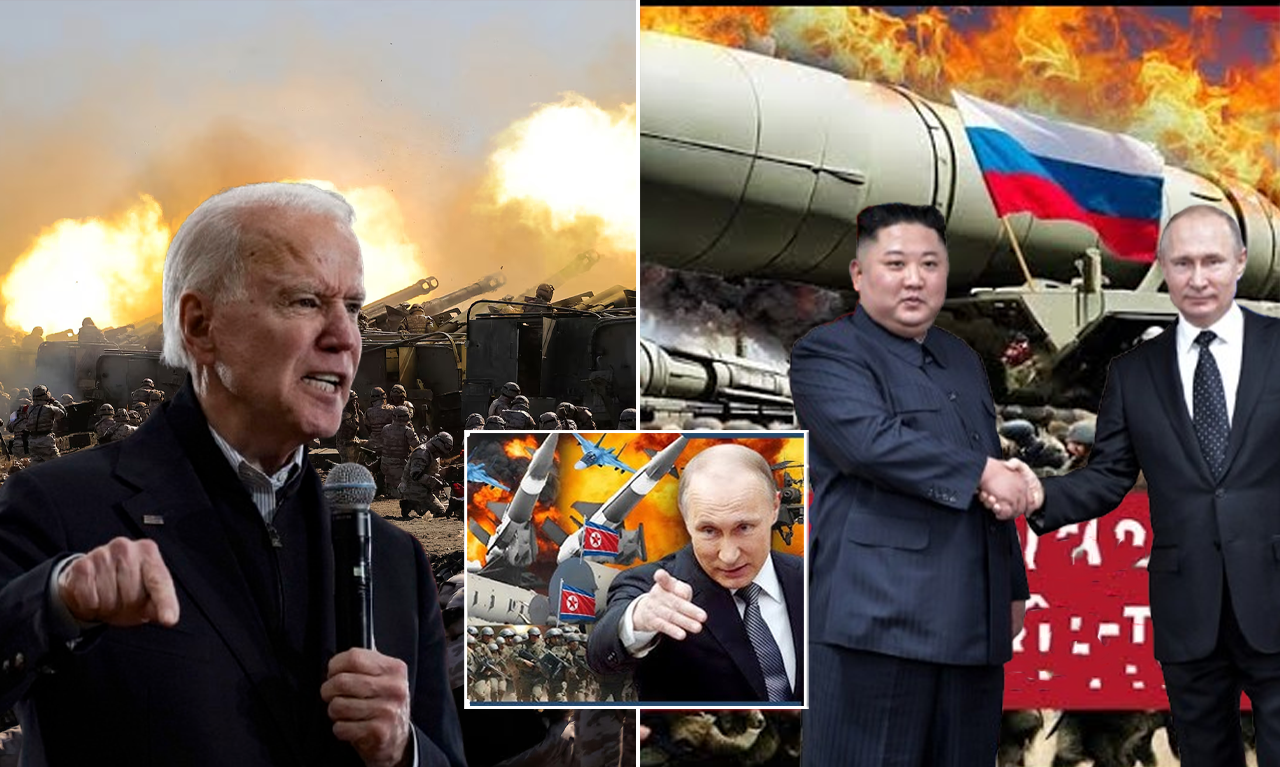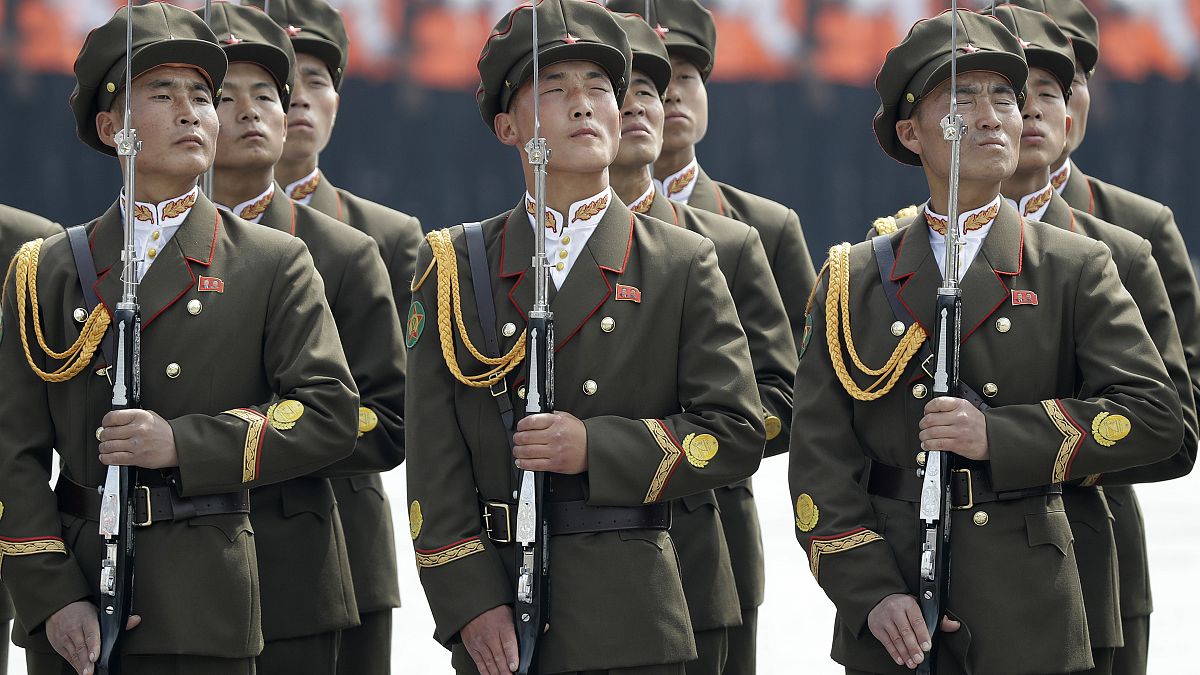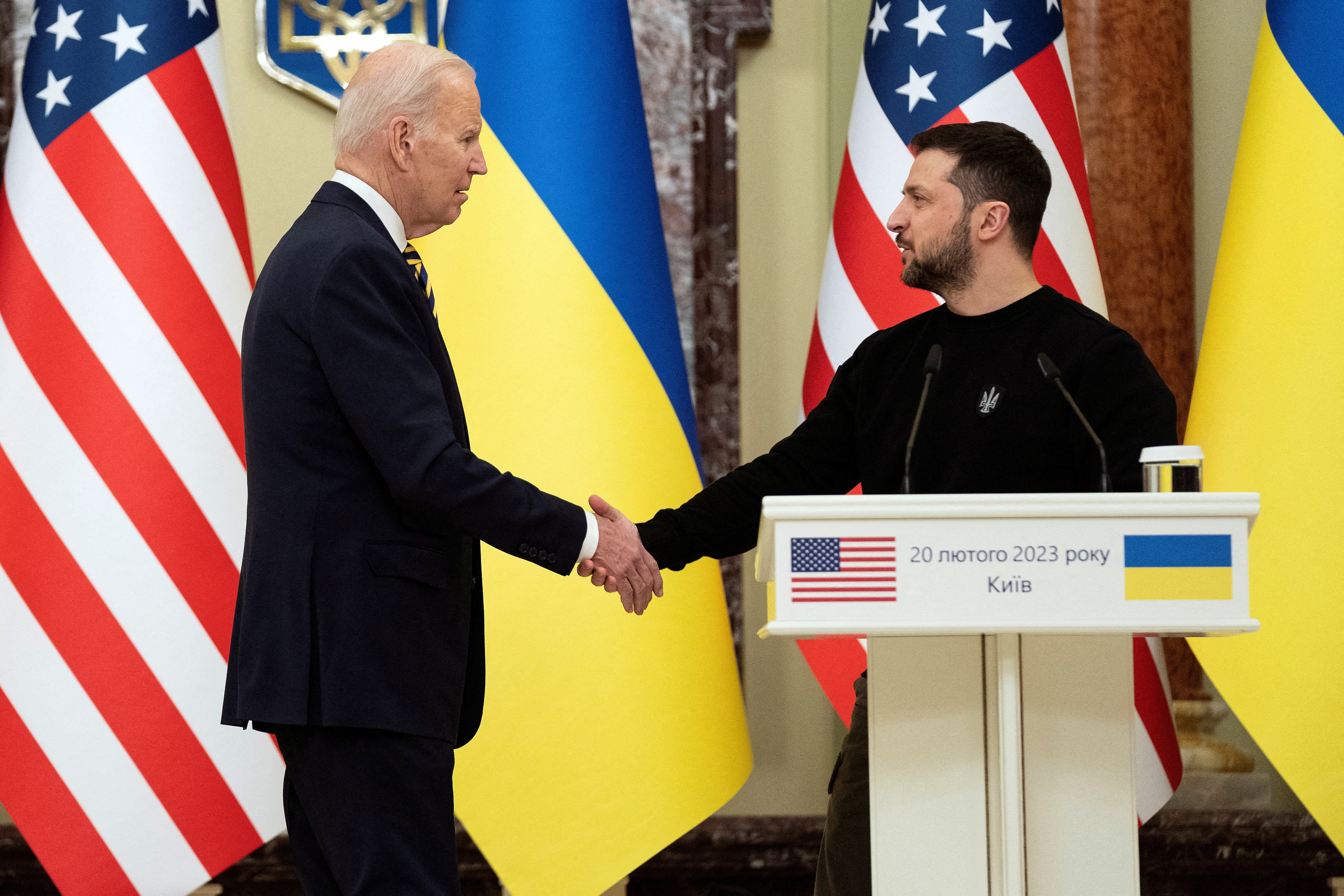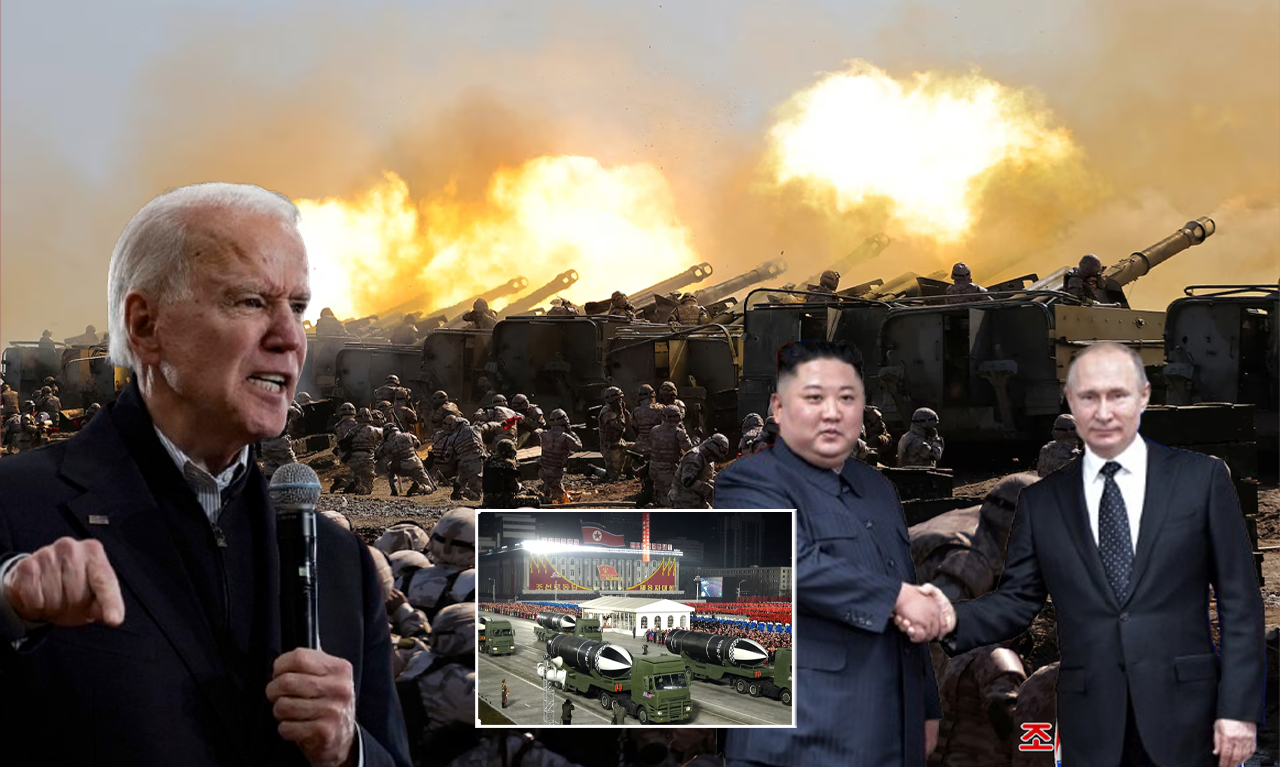

Support for Ukraine might hang in the balance if Donald Trump wins the election, given his differing stance on U.S. international commitments. This critical juncture has led Western allies, led by the UK, to push for allowing Ukraine to strike Russian territory using Western-provided long-range missiles.

For years, the U.S., UK, and France have provided Ukraine with weaponry capable of reaching into Russia but have restricted Kyiv’s usage to Ukrainian soil. Their aim is to prevent further escalation, fearing that strikes on Russian soil could spur a massive retaliation. However, Ukrainian President Volodymyr Zelensky has argued that this restriction limits Ukraine’s ability to defend itself. Despite these arguments, the Biden administration remains cautious, weighing the risks and doubting that allowing deeper strikes would significantly shift the war’s trajectory.

Rising Global Risks

Western military officials recognize that even a conditional approval for Kyiv to strike within Russia would be a bold step. However, Biden’s advisors worry that such a move would risk provoking Russia, potentially destabilizing global security further.
Moscow could retaliate unpredictably, including strikes on U.S. military bases abroad or arming hostile forces, like Yemen’s Houthis, with missile technology.

Despite these risks, U.K. Prime Minister Keir Starmer is firmly supportive of Kyiv, suggesting that the growing Russian foothold on Ukraine’s eastern front could soon justify more aggressive support. However, as internal debates over “acceptable risk” continue, it appears that Washington’s threshold for further involvement may have already reached its peak.
A Divide Among Allies

This divergence between Ukraine’s goals and its allies’ limitations signals potential fractures within the coalition. Zelensky recently unveiled a “victory plan” in Washington, a proposal that was met with skepticism by U.S. and European officials. While Ukraine aims to reclaim lost territories, some Western allies feel that a complete victory may be unrealistic. This disagreement could eventually force a recalibration of allied support, especially if Trump assumes office, potentially cutting Ukraine off from essential U.S. assistance.

Kyiv’s Tenuous Western Lifeline
As Ukraine’s allies weigh the risks and prepare for the possibility of changing U.S. policy, Kyiv faces an increasingly uncertain future. Even under Biden, the U.S. has maintained a cautious, calculated approach to aiding Ukraine, balancing support against a potential escalation with Russia. For Ukraine, the potential loss of U.S. backing under a Trump administration could spell the end of significant Western support, forcing a reassessment of what a “victory” can truly mean.

With pressure mounting and global risks looming, both Ukraine and its allies face tough choices on how this conflict might eventually conclude. In this tense pre-election period, the stakes


